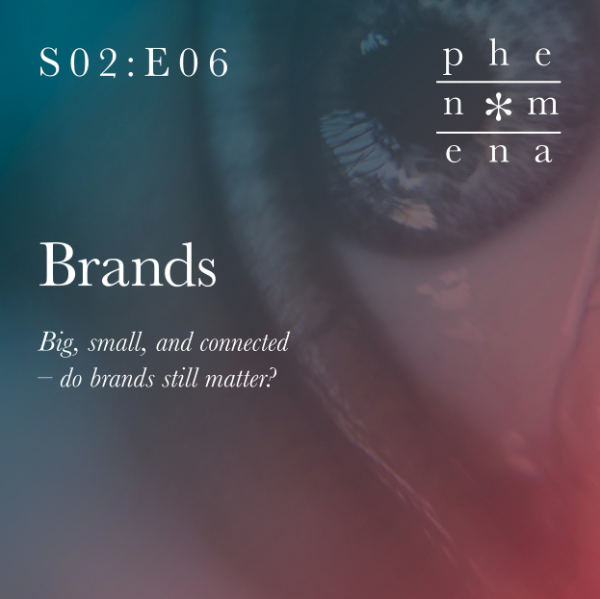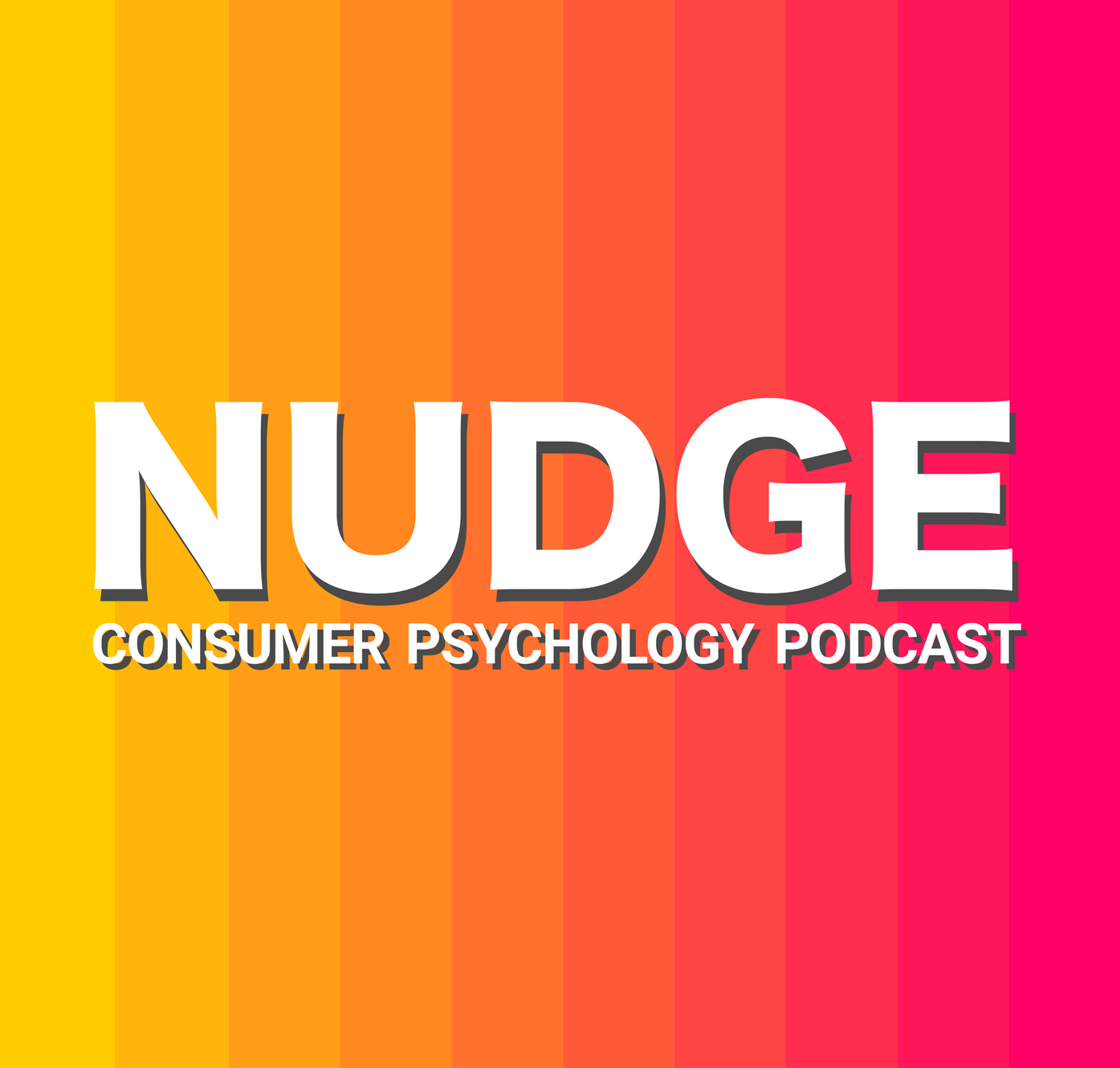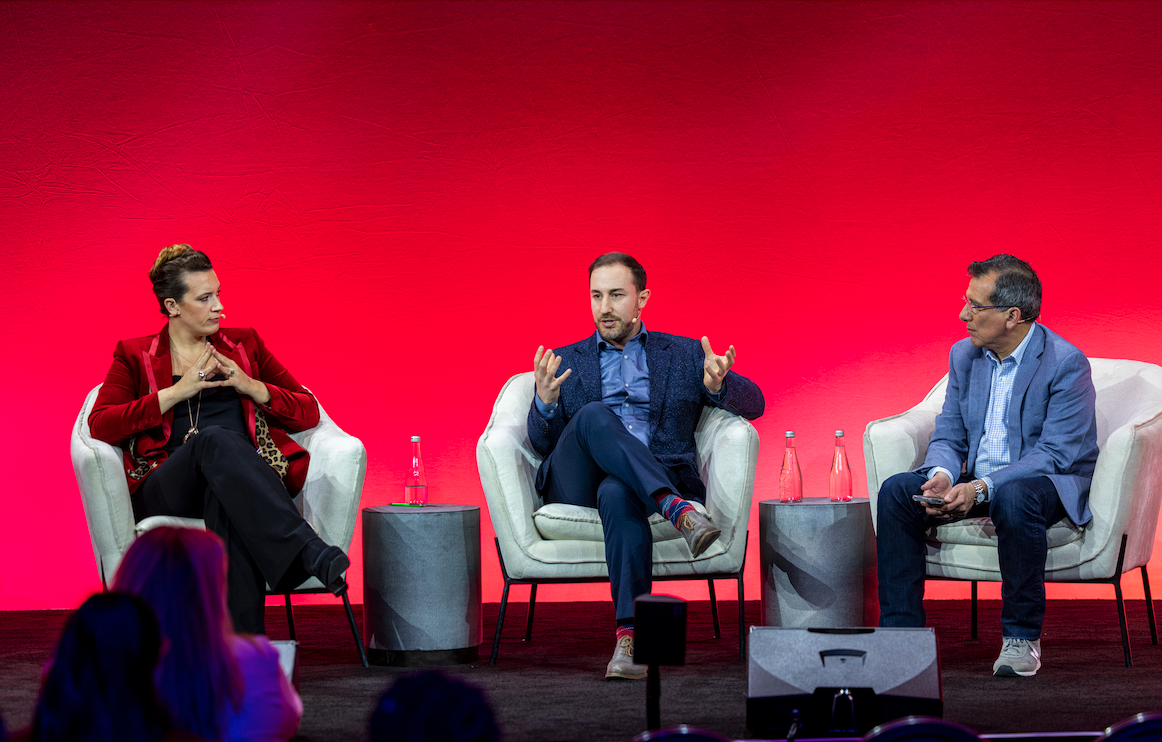Matt Johnson, PhD
Probing the Intersection of Neuroscience, Marketing, & Modern life




Hi, I’m Dr. Matt Johnson. I’m a neuroscientist, writer, and professor exploring the hidden connections between psychology and marketing.
I began my career in experimental neuroscience, earning a PhD from Princeton University, where I studied how the brain shapes perception and communication. Today, my work sits at the intersection of psychology, neuroscience, and marketing, unpacking how unseen forces influence what we buy, believe, and value. I’ve written two books:
Blindsight: The (mostly) hidden ways marketing reshapes our brains (BenBella Books, 2020) explores the unconscious drivers of consumer behavior. It’s written for curious readers but has found a strong following among marketers and business leaders.
Branding That Means Business: How to Build Enduring Bonds Between Brands, Consumers, and Markets (The Economist, 2022) is a practical guide to building meaningful brands through psychology, neuroscience, and cultural insight.
At heart, I’m a writer. I’ve published over 200 essays on my blog, Neuroscience Of, and I’m a columnist for Psychology Today. I contribute regularly to Forbes, Business Insider, and the BBC, covering topics ranging from brand loyalty and ethical persuasion to the psychology of AI-generated art.
I’ve worked with a range of organizations, including as Expert in Residence at Nike, and occasionally serve as an expert witness in legal cases involving marketing psychology and consumer perception. In 2023, I was named to the Thinkers50 Radar list of business thinkers shaping the future. I’ve also been recognized by Poets & Quants as one of the Top 50 Business School Professors in the world.
Outside the classroom and the page, I’ve delivered two TEDx talks, created two LinkedIn Learning courses, and regularly speak at conferences and corporate events across the U.S. and internationally. Across all my work, I make room for depth in a world optimized for speed. Drawing from both science and philosophy, I help marketers, creatives, and business leaders see the world - and their work - in a new light.
I currently reside in Boston, MA, where I’m a full-time professor of marketing and psychology at Hult International Business School, and an instructor at Harvard University’s Division of Professional and Executive Development. Over the years, I’ve lived and worked in San Francisco, New Jersey, Berlin, and Shanghai. The core questions that drive me stay the same: What really drives us? How do we honor the complexity of human behavior while still communicating simply? And if our assumptions shape what we see, how do we learn to see differently?
AS SEEN IN..






Writing & Media
I’ve always been drawn to writing as a way of thinking out loud - of chasing down ideas that don’t quite sit still. Alongside my books, I write regularly about psychology, marketing, and modern life, with a focus on making complex ideas accessible without dumbing them down.
I run a blog called Neuroscience Of, where I’ve published over 200 essays on everything from consumer behavior and branding ethics to cultural trends, storytelling, and attention. I also write a column for Psychology Today called Mind, Brain, and Value, which has been read by over 900,000 readers.
My writing has also appeared in Harvard Business Review, The European Business Review, and World Financial Review, and I’m frequently interviewed by podcasts and media outlets such as Forbes, BBC, and Entrepreneur looking to explore the human side of business, technology, and culture.
If you're interested in media requests, interviews, or collaborations, please reach out here
Speaking and Workshops
I regularly speak on how psychology and neuroscience shape the way we buy, brand, and experience the world. I’ve delivered talks and workshops at TEDx events, global marketing summits, and executive retreats, and created two popular courses with LinkedIn Learning. Whether I’m on stage or on screen, my focus is the same: helping audiences understand the hidden forces that drive human behavior - and how to use that insight to create more meaningful, memorable brands and experiences.
Research
My research focuses on the psychological and neural forces that shape how we think, feel, and behave as consumers. I’m especially interested in the deeper, often hidden connections between marketing, behavior, and identity - and how brands don’t just drive purchasing, but actively shape human experience.
At its best, marketing can be meaningful. At its worst, it can be manipulative. My research asks: What exactly is happening in the brain when marketing works? How does it tap into our perceptual, cognitive, and social systems? And what are the ethical implications of using that knowledge to influence choice?
To explore these questions, I draw from a range of methods - from neuroimaging tools like fMRI and EEG to behavioral experiments and conceptual frameworks rooted in psychology, neuroscience, and philosophy.
I’m also drawn to bigger-picture questions about the role of marketing in society. How does consumerism intersect with culture and technology? Can brands help shape new social norms or spark meaningful change? And if they can, should they?
Recent research
























